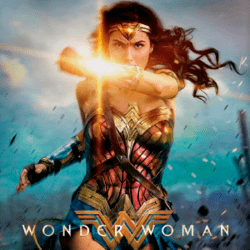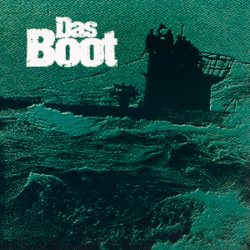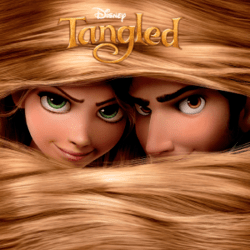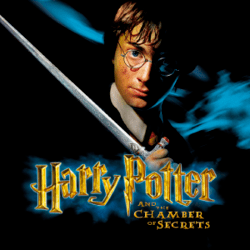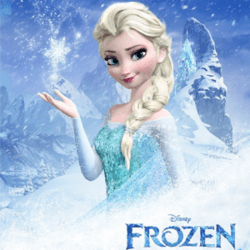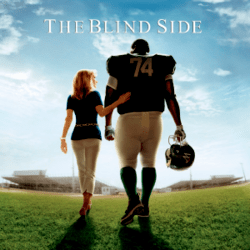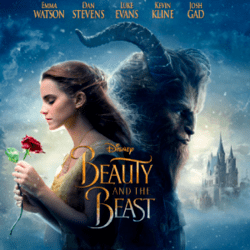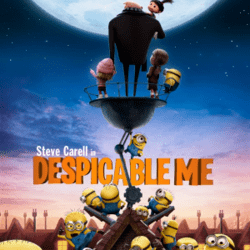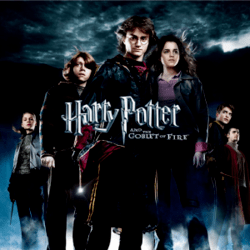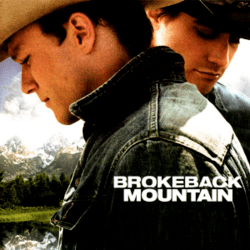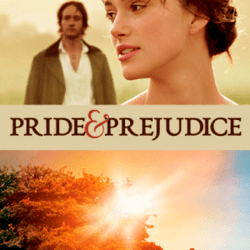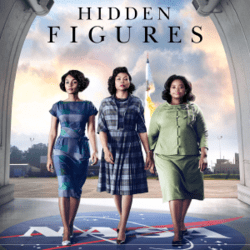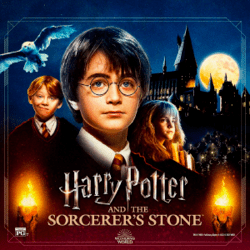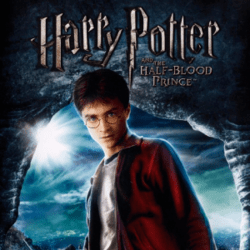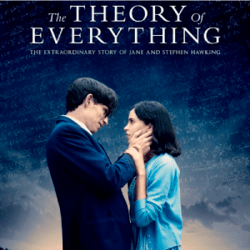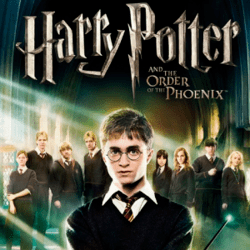Gender Movie Taste Test
Data from the movie website IMDb reveals that certain films tend to resonate much more strongly with one gender than the other. Drawing on these patterns, this test is designed to predict your gender based on your movie preferences. What can your taste in films reveal about you?
For each of the following movies, simply indicate whether you like it or not, and we'll analyze the results to see how closely your preferences align with typical male or female viewing trends. Let's see what your movie taste says about you!
Question 1 of 20
How much do you like...
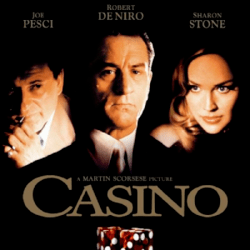
Casino
NEXT
The Gender Movie Taste Test was created by IDRlabs on the basis of data from the movie website IMDb.
Gender disparities in movie taste have been a topic of ongoing research, and IMDb (the Internet Movie Database) provides a rich source of data to explore how preferences between men and women differ in terms of film genres, ratings, and even favorite actors and directors. By analyzing the ratings and genre preferences based on gender, certain patterns and trends emerge, shedding light on the broader cultural forces that shape movie consumption.
Gender-Based Rating Differences
One of the most noticeable differences when comparing male and female IMDb users is in the way they rate movies. Studies of IMDb data reveal that men and women often rate the same movies differently. Men tend to give higher ratings to action, sci-fi, and superhero films, which often feature predominantly male leads and themes of heroism, adventure, and fantasy. On the other hand, women tend to give higher ratings to romance, drama, and films that focus on emotional depth and character development.
For example, blockbuster action movies like The Dark Knight or Mad Max: Fury Road often receive higher ratings from men, while films like The Notebook or Pride and Prejudice are rated more favorably by women. This difference in ratings reflects broader gender-based preferences, where traditional masculine and feminine genres are preferred by each respective gender.
Genre Preferences
Data from IMDb consistently shows that there is a clear gender divide in genre preferences. Men dominate ratings and reviews for action, science fiction, and fantasy films, which often emphasize high-octane energy, special effects, and traditional notions of masculinity. Superhero films, like the Marvel Cinematic Universe (MCU) entries, are particularly favored by men. These films feature powerful male protagonists and often focus on battles, power struggles, and saving the world—themes that resonate more with male audiences.
On the other hand, women tend to gravitate toward genres that emphasize relationships and emotional complexity, such as drama, romance, and historical films. For example, La La Land, a romantic musical, was rated significantly higher by female IMDb users compared to male users. Films with strong female protagonists or themes of personal growth and family relationships also tend to resonate more with women. Additionally, women are more likely to appreciate character-driven films where internal struggles, emotions, and personal relationships are central to the plot.
Representation and Gender Bias in Ratings
Another factor contributing to gender disparities in movie ratings is the representation of women both on-screen and behind the camera. Female-directed films or those with prominent female leads often receive polarized ratings based on the gender of the viewer. For instance, movies like Wonder Woman, directed by Patty Jenkins, were rated significantly higher by women on IMDb compared to men, possibly because the film centers around a powerful female superhero, breaking traditional gender roles in the genre. Conversely, films directed by women tend to receive more critical reception from male viewers, reflecting a potential bias against female filmmakers.
The underrepresentation of women in directing and producing roles also affects these disparities. Films that cater to male audiences, in terms of content and themes, are produced more frequently, which in turn perpetuates gendered consumption patterns. This may also explain why some genres, such as action and sci-fi, appear skewed toward male preferences, while fewer high-budget productions cater specifically to female tastes.
The Impact of Cultural Norms
These gender-based differences in movie taste are also influenced by larger cultural norms and expectations. From a young age, societal norms encourage boys and girls to consume different types of media. Boys are often introduced to superheroes, action figures, and adventure stories, while girls may be exposed to princesses, romance, and narratives focused on relationships and emotionality. These early experiences shape movie tastes into adulthood.
In conclusion, IMDb data shows significant gender disparities in movie taste, with men and women gravitating toward different genres, themes, and types of storytelling. These differences are shaped by cultural norms, media representation, and personal experiences, and they reflect broader patterns in how media is produced and consumed based on gender.
Prior to using our free online test, please note that the results are provided "as-is", for free, and should not be construed as providing professional or certified advice of any kind. For more on our online quiz, please consult our Terms of Service.
References
- IMDb: Movies with the largest disparity when ranked by men and women. Ongoing

